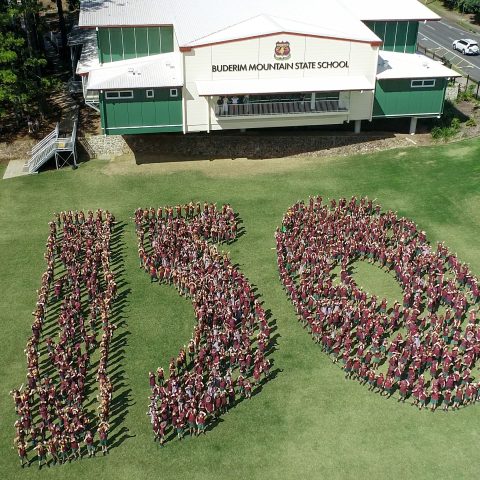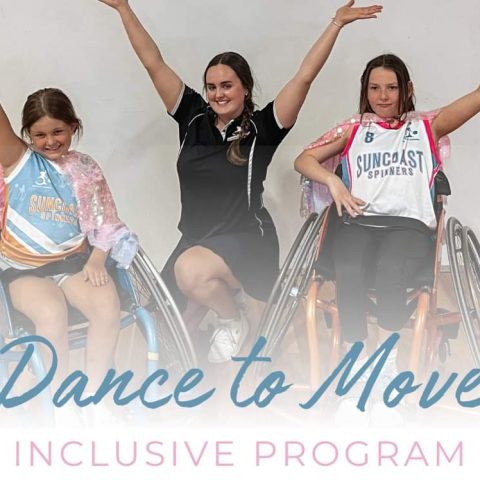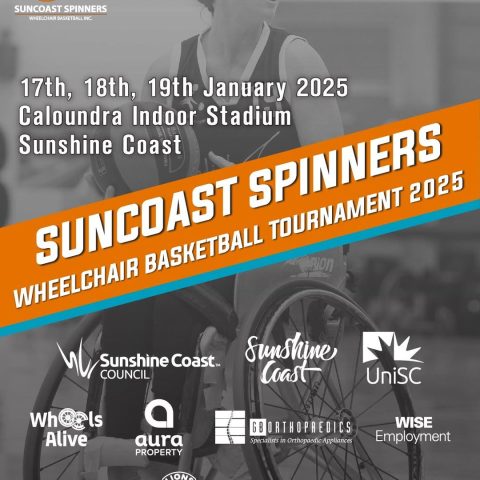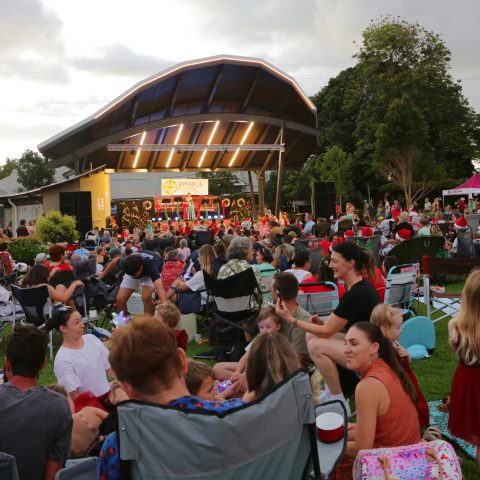Our PR Director, Michelle Smytheman, is passionate about helping emerging professionals in the communications industry and teaches at the University of the Sunshine Coast. As part of an assessment task this year, there have been some excellent blogs written by first-year students about emerging business trends. We are proud to share their work.
How to Motivate Young Athletes for the upcoming 2032 Brisbane Olympic Games.
By Eva Timmermans & Isabel Rowan
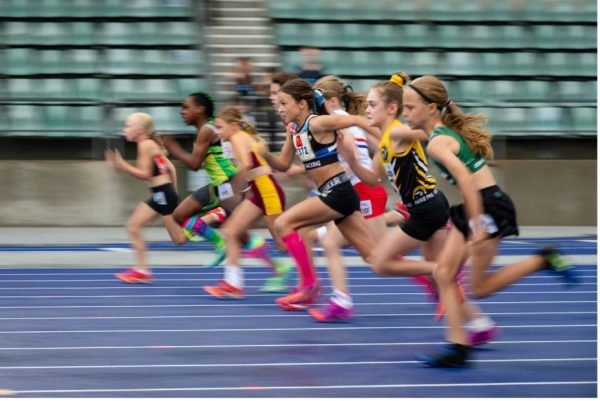 Did you know that 41% of Australians who are aged 15+ are participating in sport-related activities at least once a week (Clearing House for Sport 2022). However, approximately 30% of teenagers drop out of sports (Vella, Schweickle & Sutcliffe 2020).
Did you know that 41% of Australians who are aged 15+ are participating in sport-related activities at least once a week (Clearing House for Sport 2022). However, approximately 30% of teenagers drop out of sports (Vella, Schweickle & Sutcliffe 2020).
For me I have definitely seen this statistic relevant in sports I’ve participated in and especially for girls, it is a lot more common. As teenagers get older and especially as the end of their schooling life draws nearer, it becomes a lot more challenging to find the time to still participate in sport while balancing socialising and studies! Personally, I tended to prioritise sport and social life over studies and as a result of that I found myself extremely stressed the night before an assessment was due. I’m assuming a lot of you can relate to that!
“From experience I know that finding the motivation to continue competing in a sport that you love and are passionate about can be difficult.”
Sport-Life Balance
Are you an athlete? Do you find yourself struggling to juggle between sport, work, study, social and family commitments? Well, this is a space for you! As a young athlete I know that it can be challenging to find that sport-life balance. From experience I know that finding the motivation to continue competing in a sport that you love and are passionate about can be difficult. Personally, I struggled so much trying to navigate my final year of high-school studies with work, life and sport that I gave up sport for a whole year and I hated it! I needed that source of fitness and social interaction for my wellbeing. We are here to help young athletes to stay motivated and to get ready for the 2032 Brisbane Olympic Games!
QAS – You For 2032
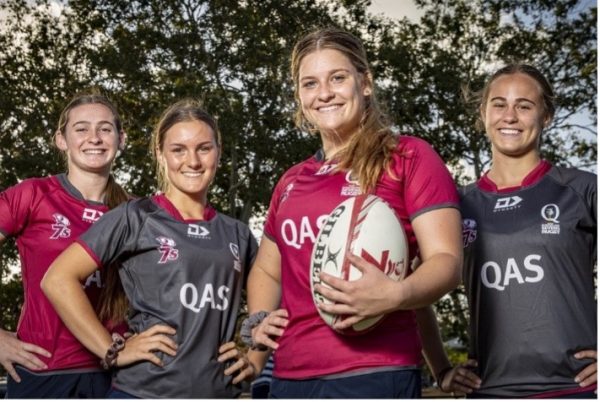 The Queensland Academy of Sport (QAS) has created a new program designed for young and aspiring athletes in their search for the next generation of sports men and women to compete at the Brisbane 2032 Olympic and Paralympic Games. This program is called the YouFor2032 Talent Identification Program and involves QAS identifying and then developing and nurturing young Queensland talents that have the potential to win on the world Olympic stage. It is designed for athletes aged between 13 and 23 years old as of 2023. This program helps in motivating young athletes to aim big to achieve their goals and continue to work hard in order to reach these goals.
The Queensland Academy of Sport (QAS) has created a new program designed for young and aspiring athletes in their search for the next generation of sports men and women to compete at the Brisbane 2032 Olympic and Paralympic Games. This program is called the YouFor2032 Talent Identification Program and involves QAS identifying and then developing and nurturing young Queensland talents that have the potential to win on the world Olympic stage. It is designed for athletes aged between 13 and 23 years old as of 2023. This program helps in motivating young athletes to aim big to achieve their goals and continue to work hard in order to reach these goals.
“To be motivated means to be moved into action” (Sounders, B, 2019)
Self-Determination Theory
“To be motivated means to be moved into action,” (Sounders, B 2019) . Which is easier said than done. Setting your alarm for 4.45 am for training is one thing, but actually getting up and out of bed when it sounds is another. How can we motivate ourselves as athletes and nurture those with athletic potential around us? Now more than ever, with the opportunity of the 2032 Olympic Games approaching, it is essential that we motivate young athletes in order for them to have the chance to compete and represent Australia on a world stage. This is where the Self-Determination Theory (SDT) comes into play.
So, what is the Self-Determination Theory anyway? Well, the Self-Determination Theory is actually comprised of four theories, but we will just be focusing on the two most important theories for athletes. This includes the CET (Cognitive Evaluation Theory) which refers to the social development in motivational findings, emphasising the athlete’s value on sport, based on the external rewards and positive feedback they receive. This also includes BNT (Basic Needs Theory) which focusses on three psychological needs: competence, relatedness and autonomy. These basic needs include the need for athletes to feel effective in their environment, have quality connections with their peers and fellow athletes and the need to feel that they are initiating their actions (Keegan, R et al 2011). Click here to read more on the self-determination theory!
Athlete Motivation Checklist
Based on the research conducted on SDT, it has been deduced that in order to keep athletes motivated as a community we must…
- Provide Encouragement and Positive Feedback. Use positive feedback as a reward to inspire athletes to reach their full potential. Ara Parseghian (American Footballer) said that “A good coach will make his [or her] players see what they can be rather than what they are.”
- Welcome Mistakes! Reducing athletes’ critical thinking and negative, destructive thoughts on their performance is crucial to keep athletes motivated.
- Create a positive sport environment for athletes to feel safe and supported in order for them to create quality connections with their fellow athletes.
- Don’t put too much pressure on them! It is good to encourage, but when athletes start to question who is initiating their actions, sport starts to feel like a chore and can lead to negative performance outcomes (Donohue, B et al 2007).
What Can We Do?
To reduce the significant percentage of teenagers who drop out of sports, it is essential that we nurture and motivate them by integrating the Athlete Motivation Checklist into their everyday lives. By providing encouragement, welcoming mistakes, creating positive sporting communities and not putting too much pressure on young athletes, we can witness a growth in sport participation and interest in the 2032 Brisbane Olympic Games through government run programs.

